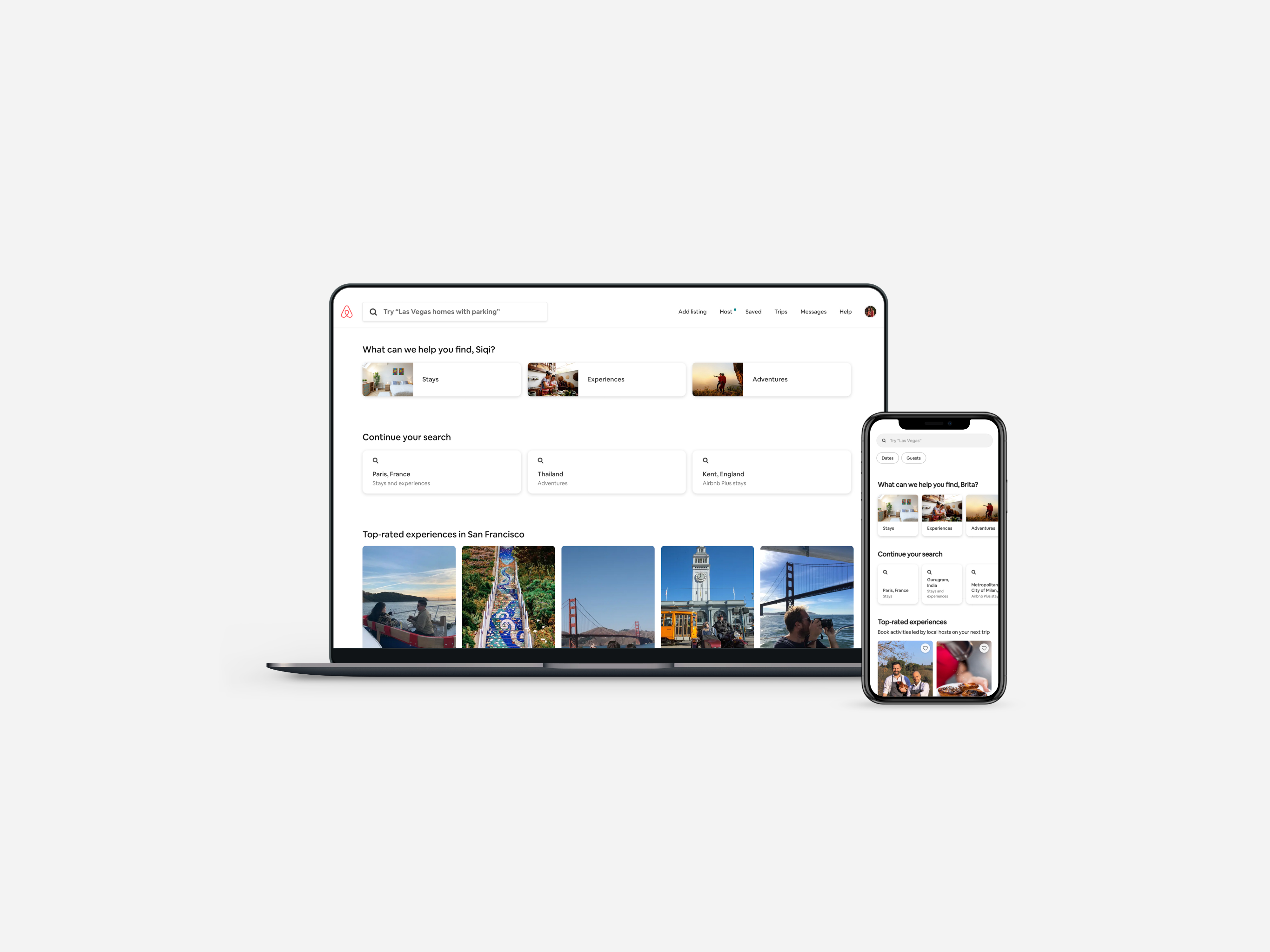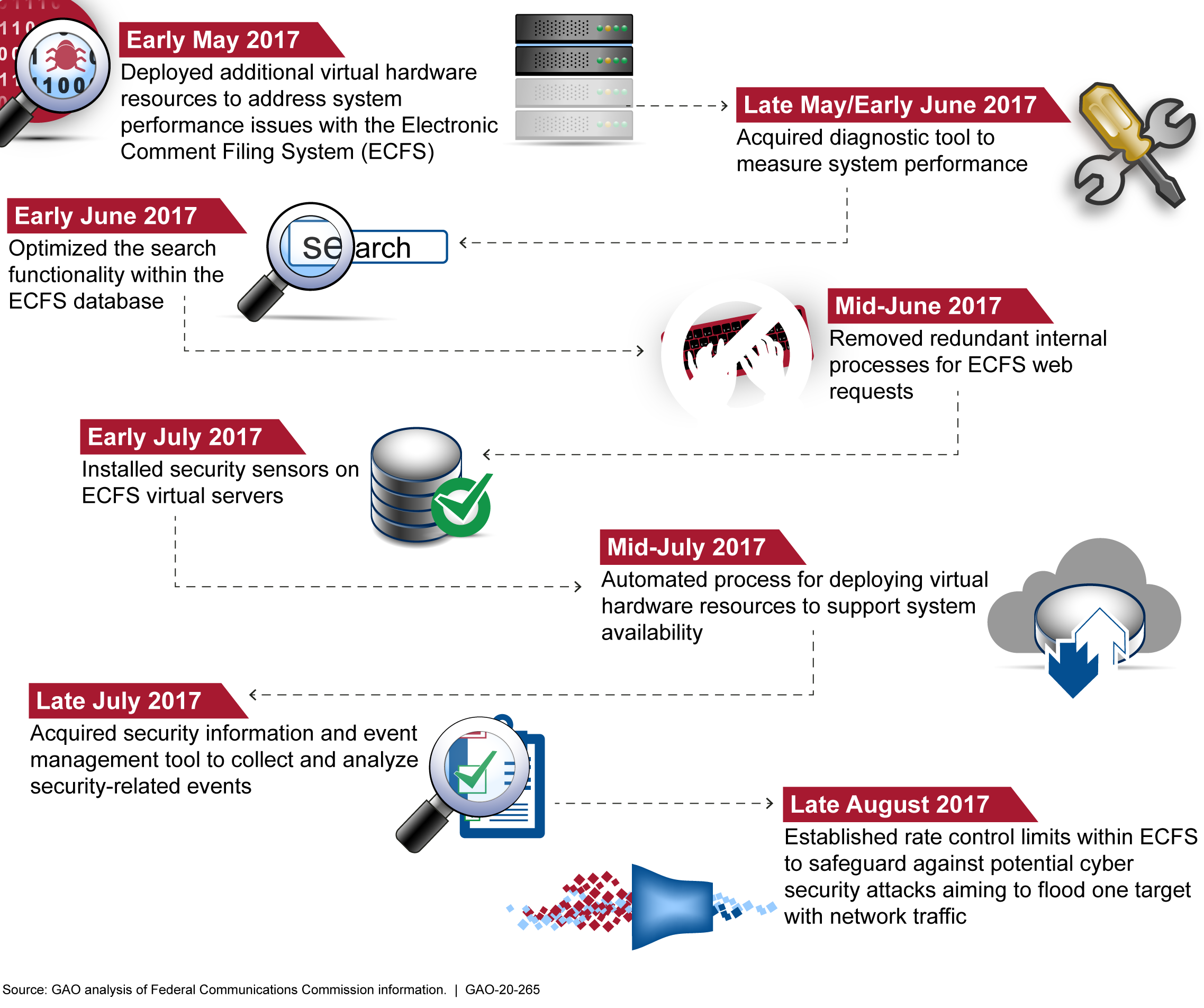O coronavírus dizimou a indústria de viagens, e o Airbnb, a empresa de aluguel de casas que parecia imbatível há pouco tempo, não foi poupado.
Embora as manchetes tenham se concentrado nas medidas que está tomando para estocar dinheiro para compensar suas perdas, nos bastidores, a empresa de quase 12 anos vem redesenhando seus produtos. Isso inclui repensar sua tela inicial e páginas de aterrissagem de aplicativos para refletir um mundo onde estadias de curto prazo estão fora e estadias de longo prazo – inclusive para profissionais médicos que precisam se colocar em quarentena de suas famílias – estão dentro.
Conversamos com o diretor de design do Airbnb, Alex Schleifer, para saber mais sobre o que está mudando nos bastidores e como. Nosso bate-papo foi editado levemente por comprimento e clareza.
TC: A página inicial do Airbnb de repente é muito focada em três coisas — experiências online, estadias mensais e o que você está chamando de "linha de frente", que é uma área para os anfitriões oferecerem moradia para funcionários de saúde e socorristas. Como foi esse processo de design e quanto tempo levou?
AS: Nossa equipe mapeou em menos de três semanas. Havia algumas centenas de funcionários trabalhando no projeto em qualquer momento – pessoas de operações, produtos, localização, design, política, engenharia. É uma operação complexa (aqui); tudo o que precisamos fazer precisa ser feito em 60 idiomas. Por causa da escala de tudo o que fazemos, a ideia é muitas vezes a peça mais fácil.
A dificuldade foi p[sharpened]orque a crise também estava nos impactando. Todo mundo estava trabalhando em casa. Havia perguntas sobre como fazemos cuidados infantis, por exemplo. Mas ainda havia uma energia imensa, inclusive porque tínhamos milhares de anfitriões nos contatando e dizendo: "Queremos ajudar".
TC: Onde exatamente você começa em uma reformulação como esta?
AS: Você define o escopo dele. Você pode colocar um banner em sua página inicial, ou você pode começar a falar com anfitriões e governos para entender que tipo de ajuda eles precisam e se isso é algo que eles querem, então você começa a construir. Parte disso é olhar para o comportamento dos hóspedes em nossa plataforma em tempo real, o que muda a cada dia. Também é uma questão de conversar com outros parceiros de viagem e ver o que eles estão fazendo.
Em última análise, [decided to take]nós sobre uma grande quantidade de imóveis para que os trabalhadores da linha de frente saibam para onde ir. Eles também usam nossa pesquisa principal, mas queremos ter certeza de que eles têm espaço específico para pessoas que querem doar espaço ou apoiar o programa. Tínhamos uma meta de 100.000 casas que seriam fornecidas, mas batemos essa meta mais rápido do que pensávamos.
TC: Esses espaços estão sendo oferecidos sem nenhum custo?
AS: São doados ou oferecidos a preços reduzidos.
TC: Outra nova seção agora gira em torno de "experiências online". Estes são anfitriões que estão oferecendo suas próprias aulas sobre culinária e outras coisas?
AS: Sim, como "Sangria misturando com Pedro", que é um show de mistura de coquetéis com muito entretenimento. O Airbnb tem tudo a ver com conexão — é construído sobre hospedagem. Mas se nem todo mundo é capaz de viajar, a questão se torna: quais são nossas opções aqui? Discutimos muitas ideias, mas a forma como estávamos trabalhando e nos conectando como uma equip[remotely]e e vivendo online com a família tornou essa ideia mais concreta para nós. Então contatamos os anfitriões, fizemos testes com esses hosts com configurações de m[and everything else required]icrofone e lançamos com 50 pessoas. Agora, temos quase 100 anfitriões oferecendo experiências online e milhares mais que se ofereceram para hospedar experiências. Algumas das ofertas mais populares — que não são uma experiência para muitos onde você está assistindo a um show, mas sim uma experiência interativa — já estão esgotadas.

(Acima, página inicial do Airbnb antes das atualizações.)
TC: Você vê isso se tornando uma parte considerável dos negócios do Airbnb daqui para frente?
AS: Tem apenas algumas semanas de idade, mas mesmo para um produto em sua primeira versão, estávamos realmente gostando disso. Ele superou as expectativas, e eu acho que será um grande negócio para nós à medida que sairmos da pandemia porque permite que os anfitriões hospedem experiências on-line e do mundo real.
TC: Tenho certeza que muitas ideias foram rebatidas. Como você está escolhendo o que circular?
AS: Temos sorte de sentar em um monte de dados, mas você só pode testar muito. Você precisa de uma tomada de decisão muito forte e rápida, para que a liderança e a equipe executiva se encontrem diariamente.
A outra coisa que, como designer, eu aprecio é que fizemos questão de remover camadas abstratas de comunicação. Não bastaríamos carregar um doc do Google, mas tornamos real usando[the collaborative interface design tool] a Figma para olhar todos os designs e rapidamente protótipo e compartilhamento de tela, seja com a equipe de experiências ou[CEO] eu ou [Chesky]Brian, para ver o que os clientes veriam e tomardecisões.
TC: Você menciona Figma. Em que outras ferramentas você tem confiado mais fortemente enquanto trabalha em casa?
AS: Gostamos de usar o menor número possível de ferramentas, mas figma é um divisor de águas porque as pessoas podem ver decisões sendo tomadas ao vivo. O Google Docs é muito poderoso para nós. O Slack também nos permite trabalhar assíncronamente, o que é importante. E zoom tem sido fundamental para todos.
TC: As coisas estão mudando a cada dia. Partes do mundo estão se abrindo enquanto outras permanecem fechadas. Como isso está afetando seu trabalho?
AS: Construímos o produto e o site para ser realmente modular e também segmentável por região porque você está certo, o mundo vai se abrir em diferentes horários com diferentes restrições e permutações e queremos ter certeza de que podemos oferecer às pessoas o que está disponível para elas. Em alguns casos, eles podem esta[hampered by]r viajando a uma certa distância, ou as viagens aéreas podem não estar abertas, então queremos ajudar as pessoas a encontrar coisas próximas.
Também estamos construindo outras peças continuamente, algumas em resposta direta à crise, incluindo um hub que comunica aos nossos hóspedes e hospeda o que está acontecendo com as viagens e o que acontece após a tempestade.
Como uma empresa global, estamos muito acostumado[adapting to change]s. Claro, esta é uma escala diferente.








